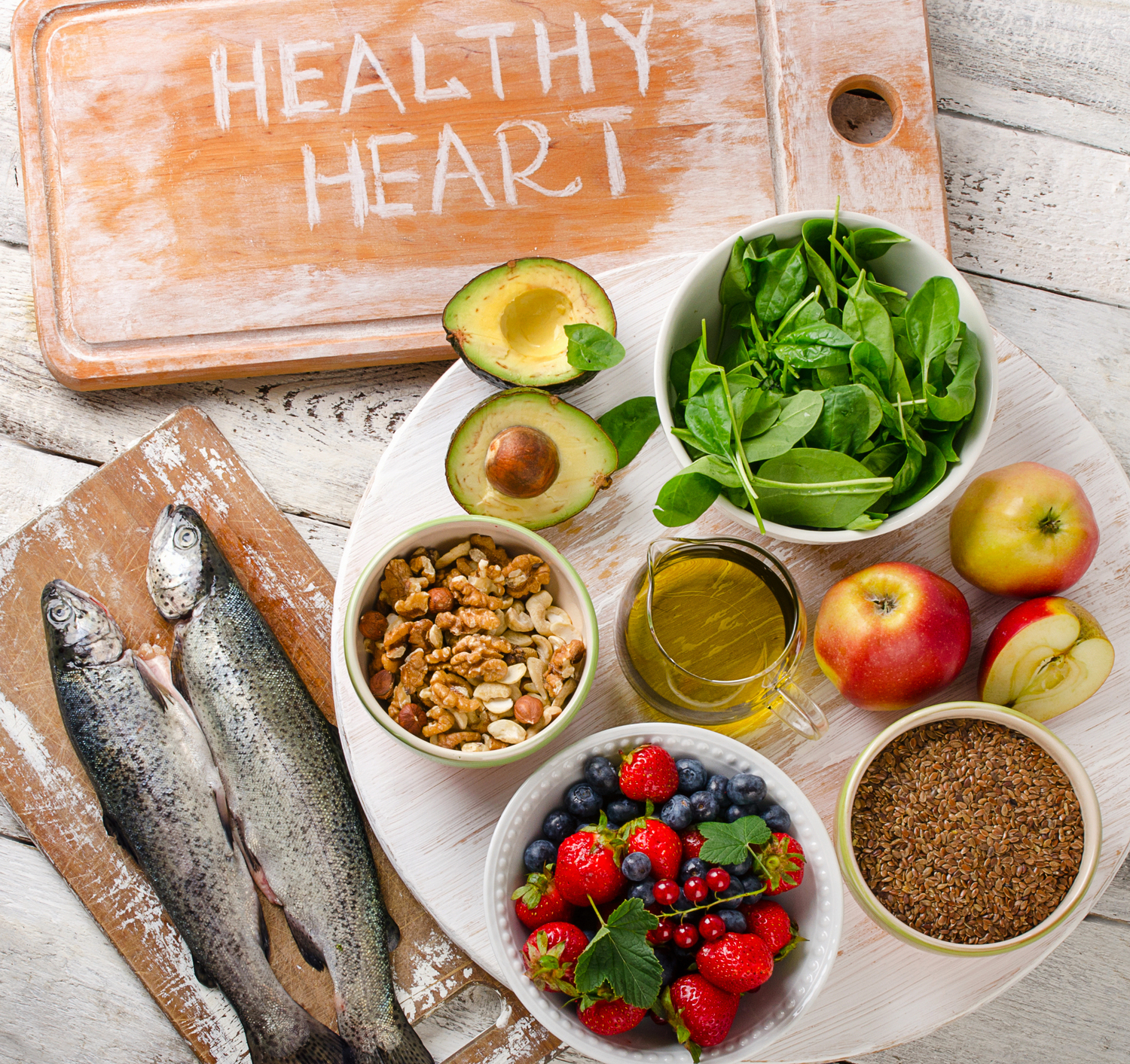
Dietary Tips for Vitamins B1, B2, B3, B5, and B6 Deficiency
The building blocks of good health come from a variety of foods, even those from the same family of nutrients. It’s why we can’t soley subsist on chicken, our bodies need vitamins because they maintain our overall health. Vitamins, like B1, B2, B3, B5, and B6 play key roles in keeping energy levels up and maintaining cell health. Deficiencies in any of these B vitamins can lead to health problems, including fatigue, confusion, and anemia.
To treat dietary deficiencies in vitamins B1, B2, B3, B5, and B6, try the following tips:
1. Vitamin B1 deficiency
Vitamin B1 is also known as thiamine and is essential for proper metabolism in the body, maintaining optimum energy levels, and smooth functioning of the nervous system. Vitamin B1 is also needed to create ATP (Adenosine Triphosphate), which are the energy molecules used by the cells of the human body. A deficiency in vitamin B1 is not very common and leads to symptoms like fatigue, irritability and depression, digestion problems causing and upset stomach, and loss of appetite.
It is a helpful dietary tip to include the listed foods to prevent deficiency of vitamin B1:
- Pork
- Poultry
- Beef
- Seafood
- Nuts and seeds
- Beans and peas
- Soy products
- Eggs
2. Vitamin B2 deficiency
Vitamin B2, also known as riboflavin, is an antioxidant. Just like vitamin B1, the body uses it to produce ATP that provides energy to the cells. It is also needed by various systems of the body for their effective functioning and its deficiency can lead to a sore throat, sores in the mouth or on the lips, swelling of mouth and redness of the tongue, and skin problems.
It is a helpful dietary tip to ensure an adequate intake of vitamin B1 to prevent a deficiency:
- Almonds
- Milk products
- Asparagus
- Avocados
- Cayenne
- Eggs
- Mushrooms
3. Vitamin B3 deficiency
Vitamin B3 is also called niacin and is required by the body to convert food into energy. A deficiency of niacin can cause digestive issues including nausea and cramps, pellagra, canker sores, and depression and confusion.
Some sources of this vitamin include:
- Milk
- Legumes and seeds
- Yeast
- Coffee and tea
- Red fish like salmon and tuna
- Poultry
4. Vitamin B5 deficiency
Vitamin B5 is also known as pantothenic acid, and it helps in creating new proteins and fats. Also, this vitamin is needed in the manufacturing of red blood cells and the production of sex hormones. It also aids in digestion, and a deficiency of vitamin B5 is very rare. Some symptoms of a deficiency are sleeplessness, fatigue, irritability, burning feet syndrome, and stomach ache.
One of the dietary tips for vitamin deficiency is to ensure a daily intake of vitamin B1 from these foods:
- Whole grains
- Meat
- Legumes
- Dairy products
- Avocados
- Mushrooms
5. Vitamin B6 deficiency
Vitamin B6, also known as pyridoxine, helps immune function and brain development and is also needed for amino acid metabolism. A deficiency of this vitamin is a rare occurrence and may lead to symptoms like muscle weakness, weakened immunity, a swollen tongue, and anemia.
Every person needs vitamin B6 daily, and a helpful dietary tip is to include foods like:
- Salmon and tuna
- Chickpeas
- Whole grain cereals
- Soybeans



